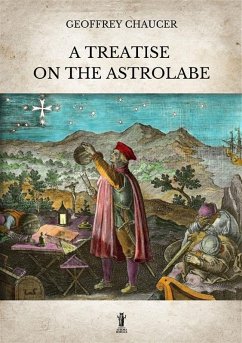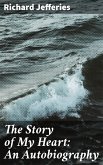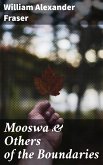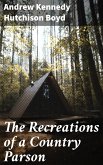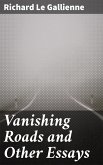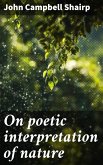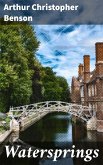Geoffrey Chaucer, born in London most likely around 1340, was an English poet, author, philosopher, scientist, diplomat and politician. He has been called the "father of English literature", or, alternatively, the "father of English poetry", but he should be considered, in a broader sense, for the breadth of his interests and the richness of his works, the father of English Humanism. He is seen as crucial in legitimising the literary use of Middle English when the dominant literary languages in England were still Anglo-Norman French and Latin. Parallel to his activity as a prolific writer, he maintained a career in the civil service as a bureaucrat, courtier, diplomat, comptroller of the customs for the port of London and member of parliament. Chaucer's Treatise on the Astrolabe, addressed in 1391 to his ten old son Lowys, is considered the oldest work in English written upon an elaborate scientific instrument or the first example of technical writing in the English language. It describes the form and use of the astrolabe in detail and it indicates that Chaucer was versed in science in addition to his literary and philosophical talents. With a preface by Boris Yousef.
Dieser Download kann aus rechtlichen Gründen nur mit Rechnungsadresse in A, B, BG, CY, CZ, D, DK, EW, E, FIN, F, GR, HR, H, IRL, I, LT, L, LR, M, NL, PL, P, R, S, SLO, SK ausgeliefert werden.

